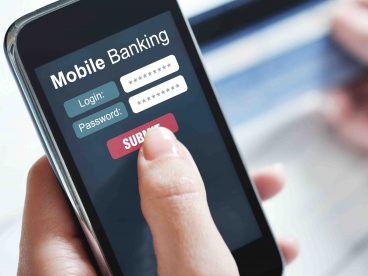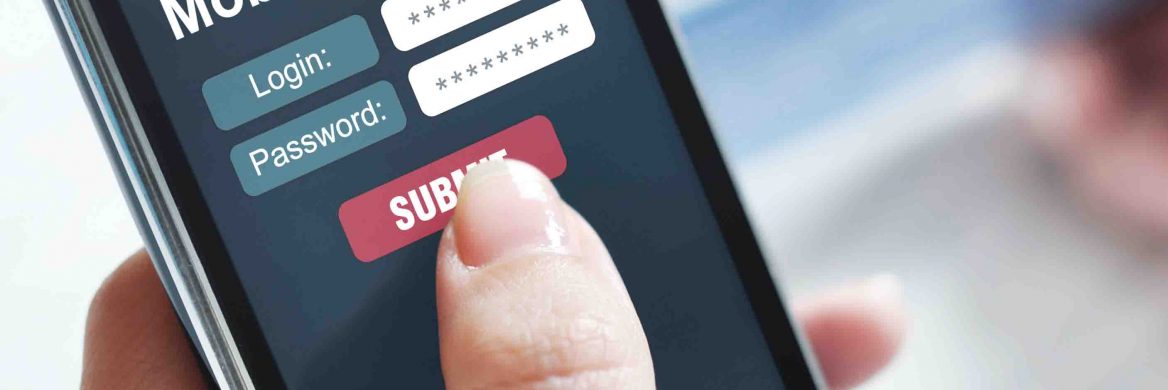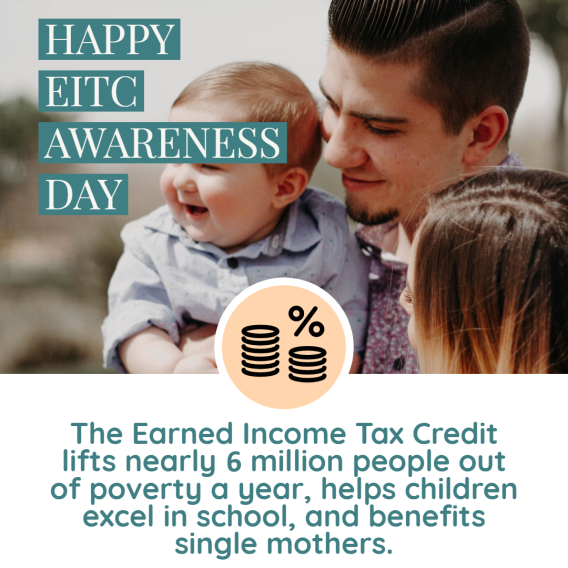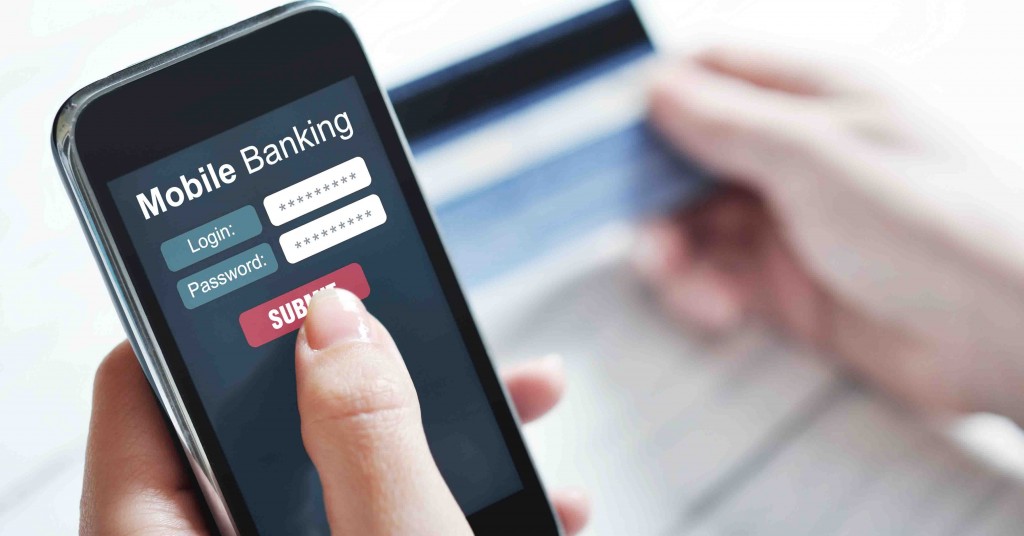
There are many products and services that can help unbanked and underbanked workers start using to secured financial services. These are safer and cheaper options than Alternative Financial Services to conduct financial transactions.
CREDIT REPORTS AND CREDIT REPAIR
Outreach Campaigns interested in sharing financial education with lower-wage workers often find that a worker’s credit rating is a barrier to opening a bank account or joining affordable homeownership programs. Some programs focus on connecting such workers to credit repair programs as a first step to improve their financial circumstances.
Under federal law, anyone can request one free credit report from each of the three nationwide consumer credit reporting companies every 12 months. Outreach Campaigns can order credit reports online for taxpayers through AnnualCreditReport.com and print them immediately, or they can provide request forms for people to submit by mail. Requests made by mail or phone take 15 days to process. During the tax season, Outreach Campaigns can partner with a credit counseling agency or credit counselors can train tax preparers to share basic information with workers. Counseling can take place before or after taxes are completed and may cover how to understand a credit report, how credit scores are used, and how tax refunds can be used to help improve credit history.
Alternatively, Outreach Campaigns can invite credit counselors to volunteer to talk with taxpayers one-to-one. The National Foundation for Credit Counseling has affiliates across the country that provide financial education classes, counseling, and debt management assistance. The Financial Counseling Association of America also has a network of certified credit counselors as well as online consumer resources.
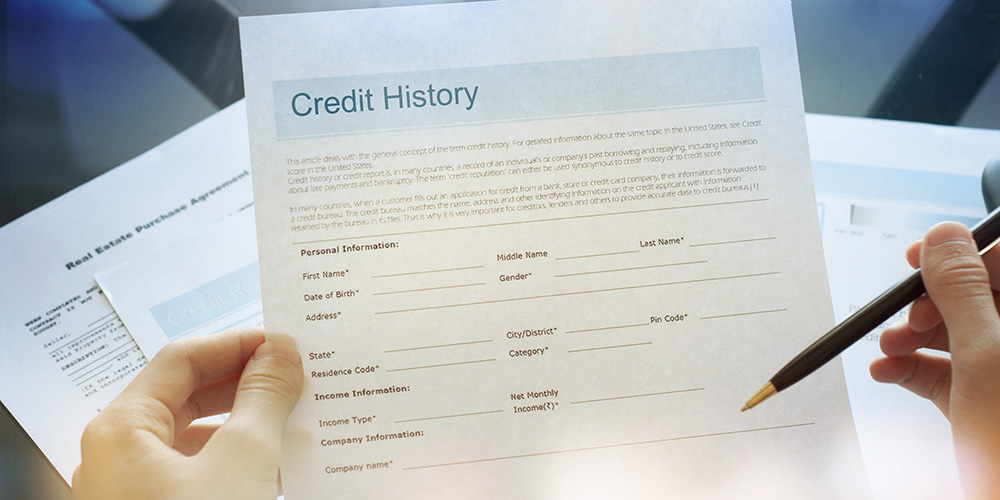
PREPAID CARDS
Prepaid cards or Stored Valued Cards (SVCs) electronically track a user’s spending. Common uses include gift cards, phone cards, cards used to receive public benefits (such as child support or unemployment payments), and payroll cards. Prepaid cards can also be an essential tool to reduce the use of costly alternative financial services. These cards are like a debit card and can be used to make purchases and cash withdrawals, but are not linked to a bank account.
Some commercial tax preparers, as well as a few banks, offer prepaid cards as an alternative to RALs or RACs as a way for people without bank accounts to receive their refund faster by having it directly deposited onto a card. Outreach Campaigns can partner with a local credit union or bank to supply prepaid cards at a free tax preparation site. Workers who already use payroll prepaid cards may be able to have their tax refund directly deposited into their account. The transaction fees and restrictions for prepaid cards vary greatly: some SVCs are a good alternative to RALs/RACs while others cost the same as or more than RALs/RACs. Consumer protections are not guaranteed for these cards so careful research is needed before Outreach Campaigns consider promoting them.
To learn more about consumer-friendly prepaid cards, see Consumer Financial Protection Bureau’s Prepaid cards and other prepaid accounts and Money Geek’s Guide to Prepaid Debit Cards: Pros & Cons, Hidden Fees & More.
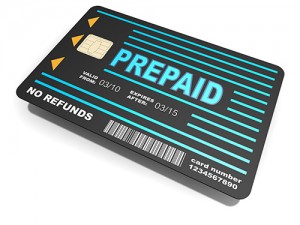
BASIC CHECKING ACCOUNTS
Partner with a bank or credit union to offer free or low-cost checking accounts. A checking account will allow for direct deposit of paychecks and save money that people may be spending on alternative financial services.
Outreach Campaigns can also join a Bank On coalition which work to remove some of the barriers that prevent lower-and moderate-income workers from using mainstream financial services.

NO-FEE CHECK CASHING AND LOW-COST LOANS
Outreach Campaigns running free tax filing programs can partner with a financial institution to offer free check cashing for clients. A bank can offer letters or “coupons” for a tax site to give to clients that they can take with them to a local branch to cash their tax refunds. Campaigns can also develop partnerships with a bank or credit union to offer low-cost loan options as an alternative to pay-day lending services.

